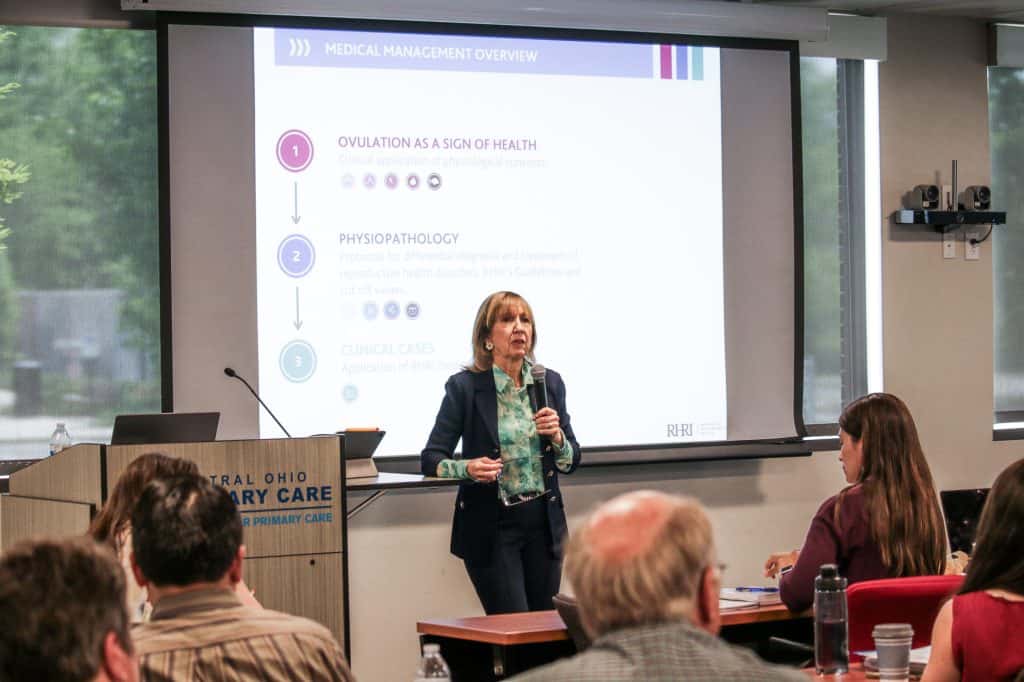By: Vigil, P., Orellana, R. F., & Cortés, M. E.
Abstract
Introduction: Spermatozoon acrosome reaction is an exocytotic event of the utmost importance for the development of mammalian fertilisation. Current evidence shows that the triggering of the acrosome reaction (AR) could be regulated by the action of diverse compounds, namely, metabolites, neurotransmitters and hormones. The aim of the present review is to describe the modulating effects of several compounds that have been classified as inductors or inhibitors of acrosome reaction. Among AR inductors, it is necessary to mention progesterone, angiotensin II, atrial natriuretic peptide, cathecolamines, insulin, leptin, relaxin and other hormones. Regarding the inhibitors, oestradiol and epidermal growth factors are among the substances that retard AR. It is worth mentioning that gamma-aminobutyric acid, a neurotransmitter known to be an inhibitor in the central nervous system, has been shown to induce AR. The multiple hormones located in the fluids of the female reproductive tract are also likely to act as subtle regulators of AR, constituting a fundamental aspect for the development of successful fertilisation. Finally, it is necessary to emphasize that the study of regulation exerted by hormones and other compounds on AR is essential for further understanding of mammalian reproductive biology, especially spermatozoon physiology.








